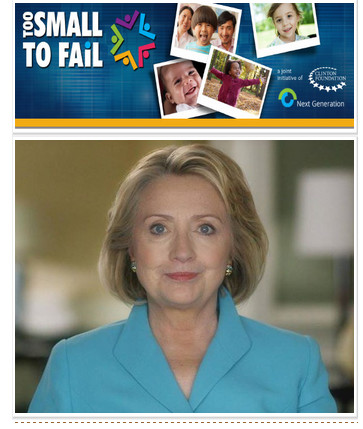Children And Media Can Mix, But With Caution
“When I saw that my daughter still didn’t know her ABCs at age three, I panicked. I thought, ‘Oh my goodness, I better do something quick so she can catch up to the other kids.’ So I got her an alphabet app on the iPad.” This statement from the mother of a toddler in San Jose, California, is evidence of the relationship that many parents have today with media and technology. Parents recognize that there is value in the devices that surround us daily, but there is much confusion about what is appropriate screen time or even appropriate devices to share with young children.The American Academy of Pediatrics strongly recommends that children under the age of two not be allowed any screen time, regardless of the quality of programming or the device. This is because from birth until age three, the young brain is rapidly developing and learning from its environment. Young babies watch, listen and touch in order to learn about the surrounding world, but with television and other electronic devices, they can’t interact in the same way. And there is evidence that too early exposure to television and other electronic media can actually have a detrimental effect on language development and reading skills. Babies and toddlers learn best from the parents and caregivers who talk, read and directly interact with them every day.For children older than age two, age-appropriate media can be helpful to learning. According to research commissioned by the Corporation for Public Broadcasting, low-income children who view public media have made significant gains in vocabulary development, including letter recognition, letter sounds, and word meaning.However, early childhood experts recommend that all children’s screen time be limited – including television, computer, and mobile devices – and that parents and caregivers closely monitor the content. Common Sense Media recommends that parents and caregivers develop a “balanced media plan” for their families that considers the age of the children and controls the environment in which the media is consumed.
Read More:
- This Common Sense Media report shares current research on the media habits of families with children ages zero to eight. Tips for parents of young kids can also be found here.
- Research from the Joan Ganz Cooney Center on how parents view media, as well as tips for how to best make use of existing media platforms.
- A new report published by the National Center for Families Learning and Northwestern University, on Hispanic families and media habits.
In the News:
- “Why to Avoid TV Before Age 2,” American Academy of Pediatrics (Healthychildren.org), May 11, 2013.
- “What You Need to Know About Babies, Toddlers and Screen Time”, NPR, October 28, 2013.
- “For Infants and Toddlers in the Digital Age, Time With Adults Still Matters Most,” Fred Rogers Center, March 12, 2013.
Podcast
This NPR All Things Considered story highlights the challenges parents of toddlers face in today’s digital age. >>

